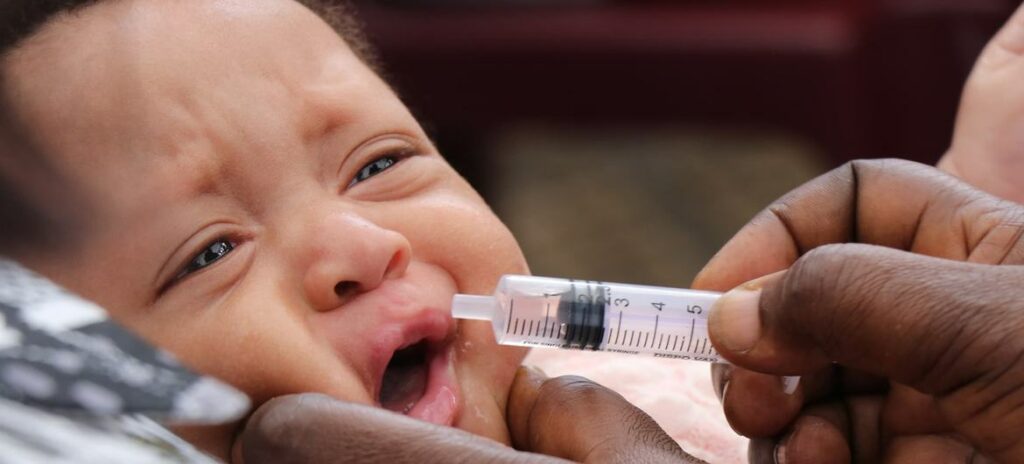As part of the fight against HIV/AIDS in the Democratic Republic of Congo (DRC), President Félix Tshisekedi has launched an initiative aimed at eliminating AIDS among Congolese children by 2030.
“Our country can no longer tolerate children being born and growing up with HIV, when tools exist to effectively prevent, diagnose, and treat this infection,” declared President Tshisekedi while launching the initiative at the closing of the Governors’ Conference in Kolwezi, in the Lualaba province.
“The eradication of pediatric AIDS is a moral obligation, a matter of social justice, and a marker of dignity,” emphasized the Congolese leader, in remarks reported by UNAIDS.
The Initiative Marks a Renewed Commitment by the Country to Address the Severely Limited Access Children Have to HIV Prevention and Treatment Services

Children Left Behind
While the DRC has made significant progress in the HIV response in recent years, children continue to lag far behind.
Approximately 91% of adults living with HIV are now receiving antiretroviral treatment, thanks to a collective effort involving the government, civil society, communities, the private sector, and partners such as PEPFAR, the Global Fund, UNAIDS, and the Elizabeth Glaser Pediatric AIDS Foundation (EGPAF).
However, among children, only 44% of those living with HIV have access to this life-saving treatment — a rate that has remained stubbornly low for over a decade.
Each year, thousands of Congolese children are still being infected, often due to the lack of HIV testing among pregnant women, depriving the health system of a crucial opportunity to prevent mother-to-child transmission and to keep mothers alive.
This situation reflects several systemic weaknesses: limited access to quality sexual and reproductive health services for women, poor integration of HIV services within maternal and child healthcare, a fragile supply chain for essential medicines, and insufficient coordination between public services and communities.

Four Concrete Priorities
The presidential initiative aims to be a concrete and coordinated response to these challenges.
Spanning five years and backed by an initial funding package of at least $18 million from national resources, the initiative seeks to mobilize strong political leadership at all levels, particularly within provincial governments.
Through this initiative, the DRC commits to accelerating efforts in four key areas:
-
Improving early HIV testing and treatment for children, adolescents, and pregnant women
-
Preventing new infections among children, adolescents, and mothers
-
Ensuring the “systematic and immediate” initiation of treatment for diagnosed individuals
-
Removing structural barriers that hinder adolescents’ access to healthcare, through respectful, tailored, and inclusive approaches

A Breath of Fresh Air
For UNAIDS, this initiative is a breath of fresh air in a context of growing scarcity in development funding.
“At a time when development financing is facing turbulence and exerting pressure on the systems that support the most vulnerable, the leadership shown by President Félix Tshisekedi through the launch of this initiative is a beacon of hope,” said Dr. Susan Kasedde, Director of the UNAIDS Office in the DRC. “UNAIDS fully supports this bold and inspiring program.”
With this initiative, the DRC aims to shift the paradigm for an entire generation of children who have long been left behind in the HIV response.
“We are making a national commitment to ensure that every Congolese child has the right to be born and grow up free from the burden of HIV,” said the Congolese Head of State. “We have the means to achieve this — and above all, we have the duty to do so.”
Source : Nations Info







OTHER ARTICLES
Editorial — Prevent, inform, and act for women’s health in Africa
Kenya : Government Prioritises Maternal Health and Strengthens Support for Community Health Promoters
Strengthening pandemic prevention, preparedness, and response capacities in Senegal using the “One Health” approach